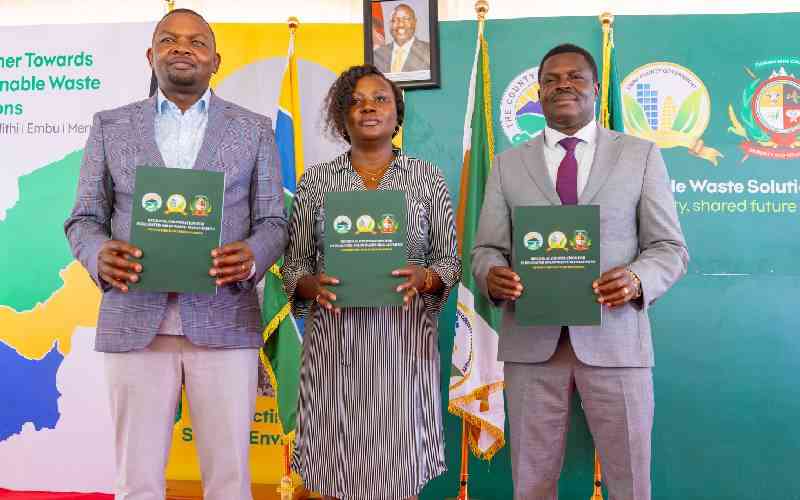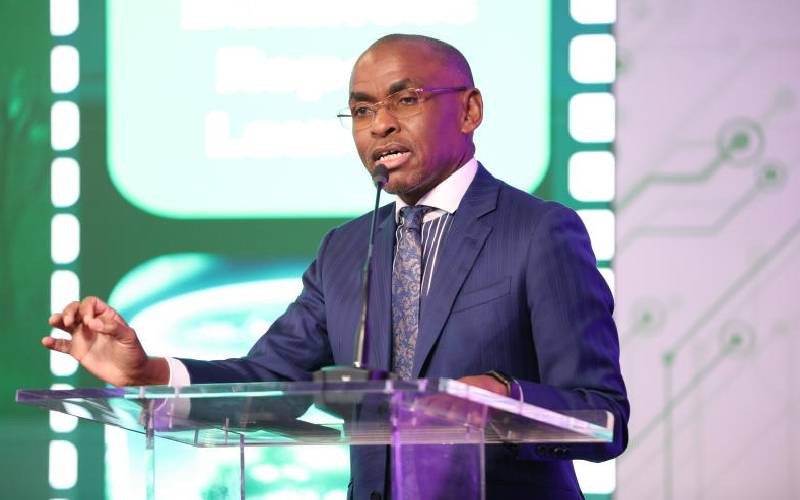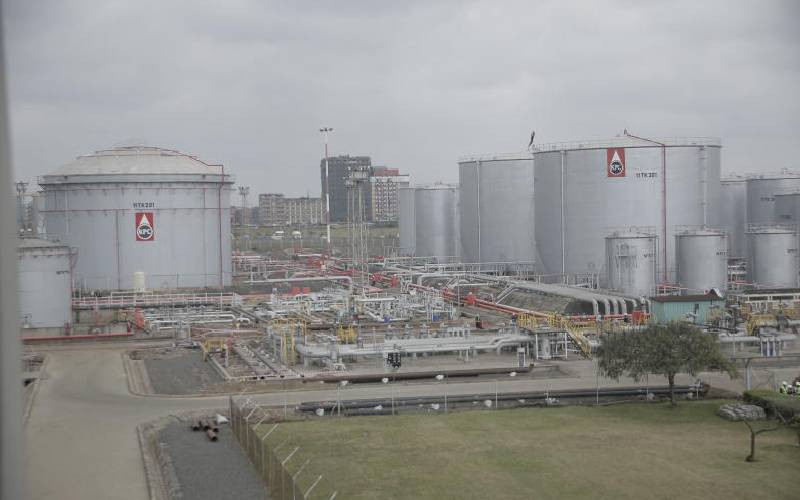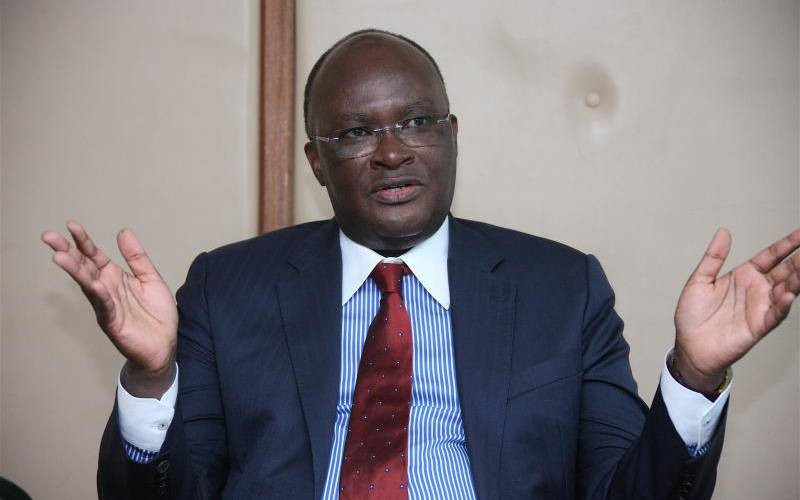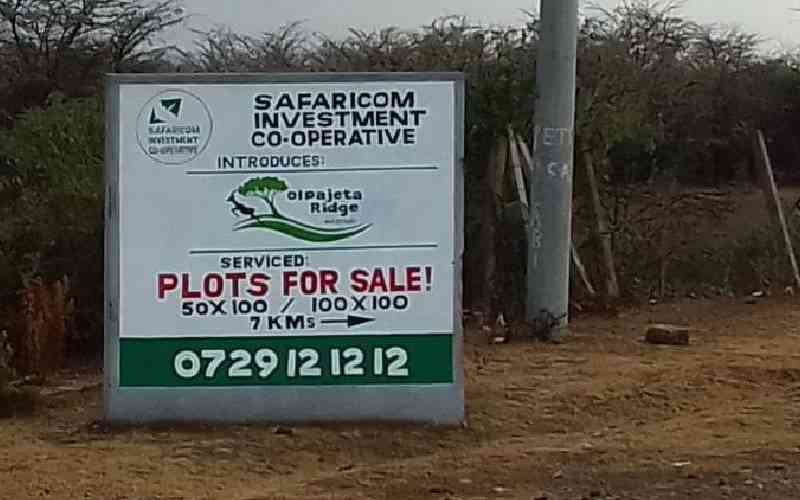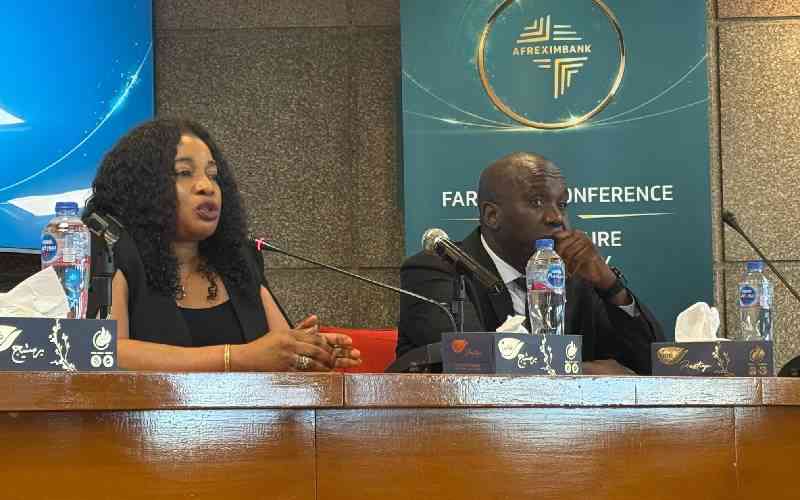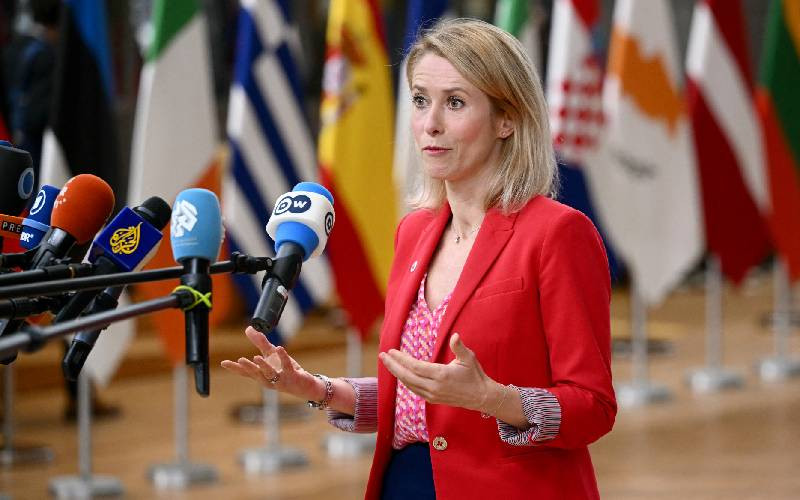
Belgian Prime Minister Bart De Wever warned Thursday that he would block plans for a new 140-billion-euro loan for Ukraine using frozen Russian assets unless his country received adequate guarantees from EU counterparts.
EU leaders meeting in Brussels are looking to give a preliminary green light for a "reparations loan" aimed at keeping Kyiv afloat as the war with Russia drags on.
The EU's executive has floated a complex scheme that would see Ukraine pay back the money only once Russia coughs up for the damages it has wrought.
Belgium, where the bulk of the money is held at the international deposit organisation Euroclear, has demanded guarantees that the rest of the EU will share any liabilities if Russia takes the matter to court.
De Wever laid out three red lines for his government before it would approve the loan: mutualisation of the risk, guarantees, and promises that other countries will start tapping Russian assets frozen in their territories.
"I want a full mutualisation of the risk because there is a big risk. We will suffer from enormous claims," De Wever told journalists as he arrived for the summit.
"We want guarantees, if the money has to be paid back, that every member state will chip in," he said.
"If these three demands, which are quite reasonable, I think, are met, then we could go forward," he added.
"If not, I will do everything in my power at the European level, also at the national level, politically and legally, to stop this decision."
Officials are hoping to get a preliminary go-ahead at the summit for the European Commission to draw up a formal legal proposal for the loan.
EU and Ukrainian officials say the funds are vital to keep Kyiv in the fight with Russia and could help finance the country for at least two more years.
